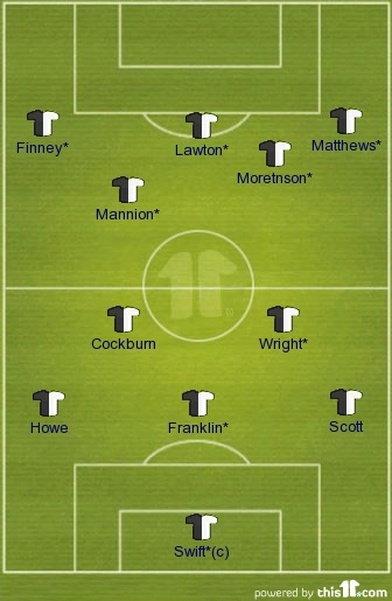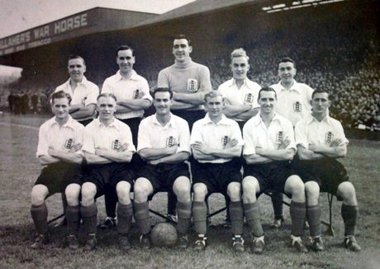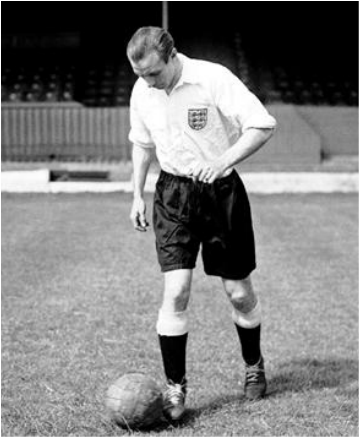| Football's Greatest |
|
- Home
- About
- Legends
- Best Players by Position
-
National Teams
- Uruguay 1924-30
- Austria 1930s
- Italy 1934-38
- England 1948
- Hungary 1950s
- Germany 1954
- Brazil 1958-62
- England 1966
- Brazil 1970
- Germany 1966-74
- Netherlands 1974-78
- Argentina 1978
- Italy 1982
- Brazil 1982
- France 1982-86
- Netherlands 1988
- Germany 1990-96
- Brazil 1998-2002
- France 1998-2006
- Spain 2008-14
- Germany 2006-
-
Club Teams
- River Plate 1941-47
- Real Madrid 1955-1960
- Benfica 1960s
- Santos 1962-63
- Inter Milan 1960s
- Celtic 1967
- Man Utd 1963-68
- AC Milan 1963-69
- Ajax 1970-73
- Bayern Munich 1974-76
- Liverpool 1977-85
- Juventus 1982-85
- AC Milan 1988-1994
- Barcelona 1989-94
- Ajax 1995-1996
- Juventus 1996-1998
- Real Madrid 1998-2005
- Man Utd 1999-2009
- AC Milan 2003-2007
- Barcelona 2006-11
- Real Madrid 2016-18
- Dream Teams
- Women Players
- Recommended Products



